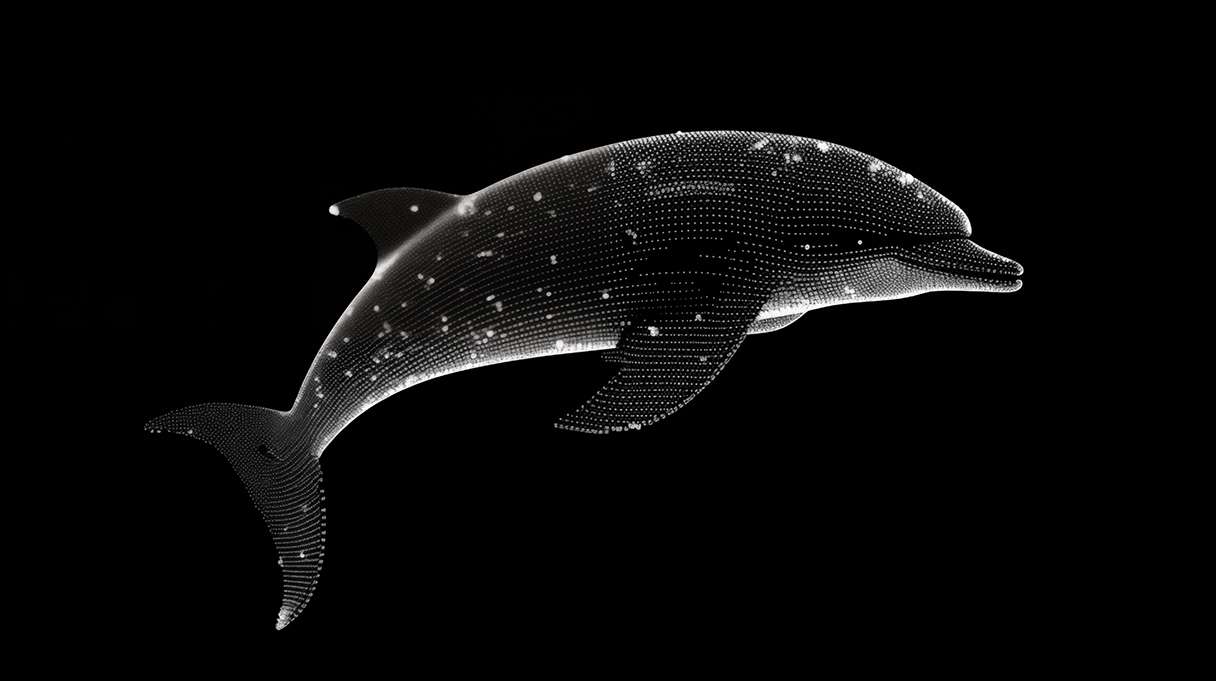 Take Percona’s blog poll on what database engine you are using to store time series data.
Take Percona’s blog poll on what database engine you are using to store time series data.
Time series data is some of the most actionable data available when it comes to analyzing trends and making predictions. Simply put, time series data is data that is indexed not just by value, but by time as well – allowing you to view value changes over time as they occur. Obvious uses include the stock market, web traffic, user behavior, etc.
With the increasing number of smart devices in the Internet of Things (IoT), being able to track data over time is more and more important. With time series data, you can measure and make predictions on things like energy consumption, pH values, water consumption, data from environment-aware machines like smart cars, etc. The sensors used in IoT devices and systems generate huge amounts of time-series data.
How is all of this data collected, segmented and stored? We’d like to hear from you: what database engine are you using to store time series data? Please take a few seconds and answer the following poll. Which are you using? Help the community learn what database engines help solve critical database issues. Please select from one to three database engines as they apply to your environment. Feel free to add comments below if your engine isn’t listed.
What database engine are you using to store time series data?
- Relational Database (MySQL, Percona Server for MySQL, MariaDB Server, PostgreSQL, etc) (35%, 657 Votes)
- ElasticSearch (16%, 293 Votes)
- InfluxDB (14%, 269 Votes)
- General Purpose NoSQL Engine (MongoDB, Percona Server for MongoDB, Cassandra, Couchbase, etc) (10%, 187 Votes)
- Prometheus (8%, 142 Votes)
- Graphite (7%, 140 Votes)
- Other (4%, 68 Votes)
- ClickHouse (3%, 55 Votes)
- OpenTSDB (2%, 46 Votes)
- DalmatinerDB (1%, 11 Votes)
- KairosDB (0%, 8 Votes)
- RiakTS (0%, 5 Votes)
Total Voters: 1,466







Spider + TokuDB
Very cool! Thank you for sharing specific combination which works for you
Warp 10 (www.warp10.io) and WarpScript
Thanks for posing this question/poll! Great post.
It’s good to see (and we tend to agree), relational databases are optimal for storing time-series data. Still, people will inevitably experience degradations in performance at scale. That’s (partly) why we’re developing TimescaleDB, engineered up from PostgreSQL (see http://www.timescaledb.com or GitHub https://github.com/timescaledb/timescaledb, for more info).